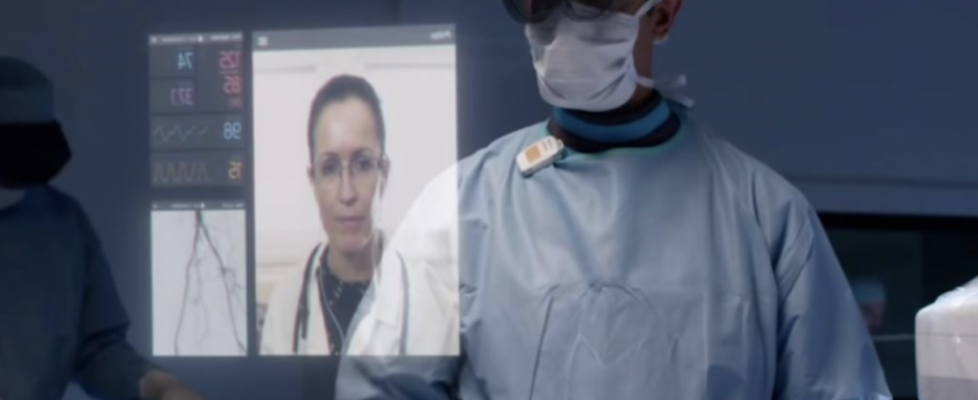Novelty to necessity: Telehealth an option as patients fear contracting COVID at hospitals
WASHINGTON (ABC7) — Telehealth has gone from a novelty to necessity during the pandemic as patients’ fears grow over contracting COVID-19 at hospitals and primary care offices.
“Heart attack, strokes, cardiac arrests. They don’t stop because of COVID,” said Dr. Reginald Robinson of the American Heart Association during a District of Columbia news conference Wednesday.
The District, along with regions across the country, is seeing an excess of people dying over last year and it’s not just from contracting coronavirus but from fear of heading to the hospital.
“They didn’t just magically disappear. As a part of that, people have just stopped calling 911 for those cases,” said Robinson.
DC health officials announced more than 550 excess deaths this year. 54% were due to the novel coronavirus and 46 were largely a result of people failing to seek treatment for emergencies or chronic conditions.
“Where have all the cancer patients gone? Where have all the heart disease patients gone? There were empty wastelands of hospitals of patients not coming in. Unfortunately, we now know where they all went,” said Dr. Atul Gupta.
Gupta is a Philadelphia interventional radiologist and chief medical officer for Philips’ Image Guided Therapy. The medical technology company reached out to ABC7 News about where they see the future of healthcare going.
“It’s a 120-fold increase in telehealth visits just from March to April. So, there’s no putting the genie back in the bottle, we’re not going back but we do need to make the telehealth better,” Gupta told ABC7 reporter Victoria Sanchez in a video interview this week.
He explained how new technology development is being accelerated during the pandemic with things like augmented reality for surgeries and connecting physicians around the world in real-time.
Getting tech in the hands of everyday providers is at the forefront of many doctors’ minds as patients stop seeking help for chronic conditions.
“We have to be looking at, well what are the other causes of excess deaths we are seeing in the District that could have been avoidable?” said Dr. LaQuandra Nesbitt, director of the DC Department of Health.
“What can be done over the phone, what can be done using an iPad and what requires me to come in person? The important thing is to remain in contact with your healthcare provider.”
Nesbit warned the pandemic must not turn into a second tragedy.
“We have to get patients comfortable about coming back in for care and technology, I think can help,” said Gupta.

